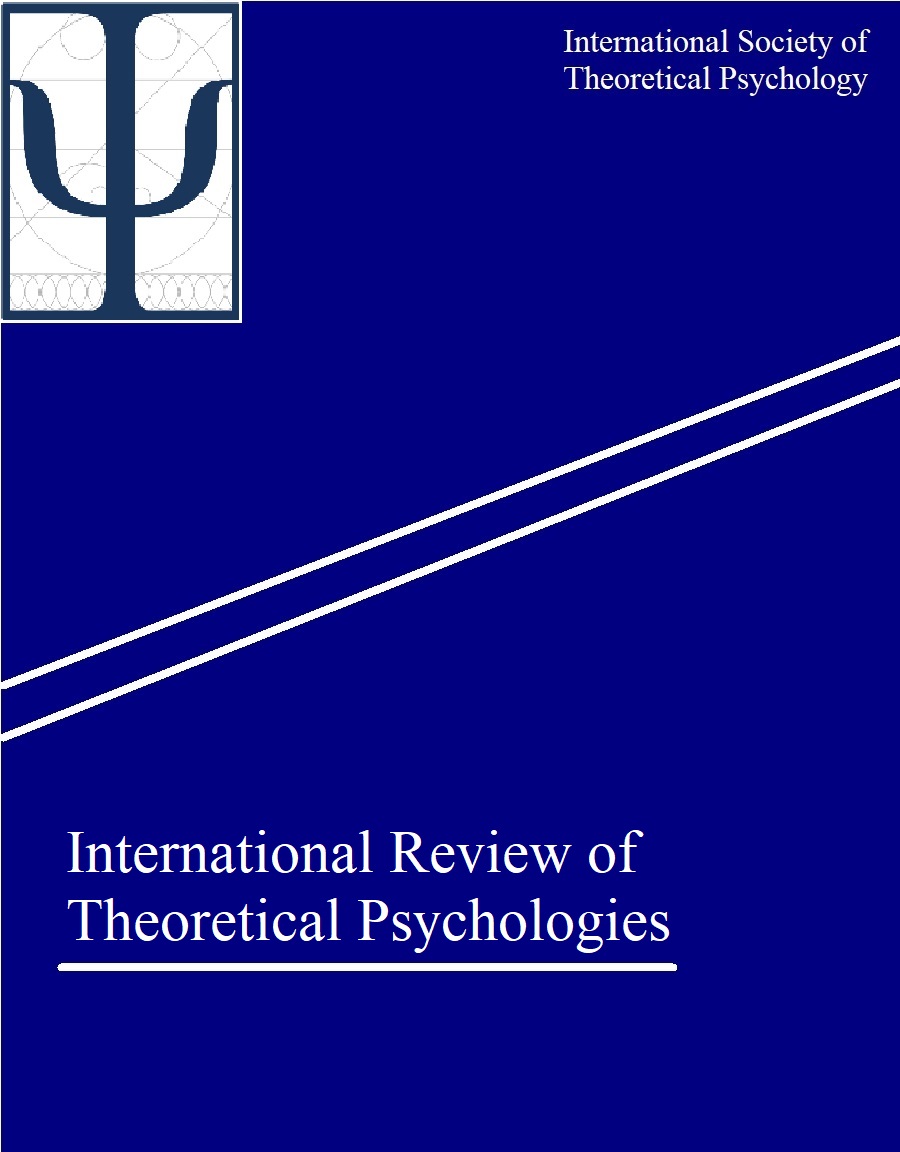“We were at this crossroads”
When imagined futures make or break transformative dialogue between social representations
DOI:
https://doi.org/10.7146/irtp.v1i2.128011Keywords:
Imagination, Social representations, Social change, Futures, Faroe IslandsAbstract
People and societies are guided by what they imagine to lie beyond the present, by what can and should be the case in the future. Yet people do not always agree about the form, content or path to realisation of a given imagined future. As a result, conflicts can arise over something that does not exist yet. In this paper, I propose to integrate theories of social and alternative representations with a sociocultural psychological interpretation of imagination, in order to explore the addressivity of futures and to call for more studies that explicitly take into account the future’s role in the present. I draw on a dialogical case study that was carried out on the Faroe Islands, more precisely on the island of Suðuroy. Whereas the Faroe Islands are experiencing a rapid acceleration in growth, Suðuroy has failed to keep pace and has witnessed decades of emigration and a worsening of its population’s relative socio-economic situation. Islanders liken the current situation to standing at a crossroads, while being unable to agree on which path must be taken in order to reinvigorate a shrinking future. By analysing how one of the two major social representations constructs the other – its alternative representation – I suggest that the absence of transformative dialogue results from incompatible futures. Furthermore, in line with a sociocultural psychological perspective, I also attempt to move beyond the homogenising force inherent in social representation theory by introducing Ingolf and Karin, whose stories illustrate how social and alternative representations are not uniformly shared and enacted, but take different forms in light of unique life experiences.
Downloads
Published
How to Cite
Issue
Section
License
Copyright (c) 2021 Oliver Clifford Pedersen

This work is licensed under a Creative Commons Attribution-NonCommercial-ShareAlike 4.0 International License.
IRTP operates based on a non-exclusive publishing agreement, according to which the journal retains the right of first publication, but authors are free to subsequently publish their work. The copyright of all work rests with the author(s).
All content published in IRTP is licensed under a Creative Commons Attribution-NonCommercial-ShareAlike 4.0 International license (CC BY-NC-SA 4.0). This license allows authors and readers to share and adapt content for non-commercial purposes, provided that they abide by the following terms:
- Give credit to the original author(s)/creator(s) and attribution parties (i.e., IRTP);
- Provide a link to the original source, to the extent practicable;
- Include the copyright notice and/or indicate the corresponding Creative Commons license;
- Indicate what, if any, adaptations were made to the original; and
- Share adapted content under the same license as the original.
Authors are encouraged to familiarize themselves with the various Creative Commons licenses. Readers are advised to consult the licensing information embedded in each published work to ensure that they are familiar with the terms of use that apply.





